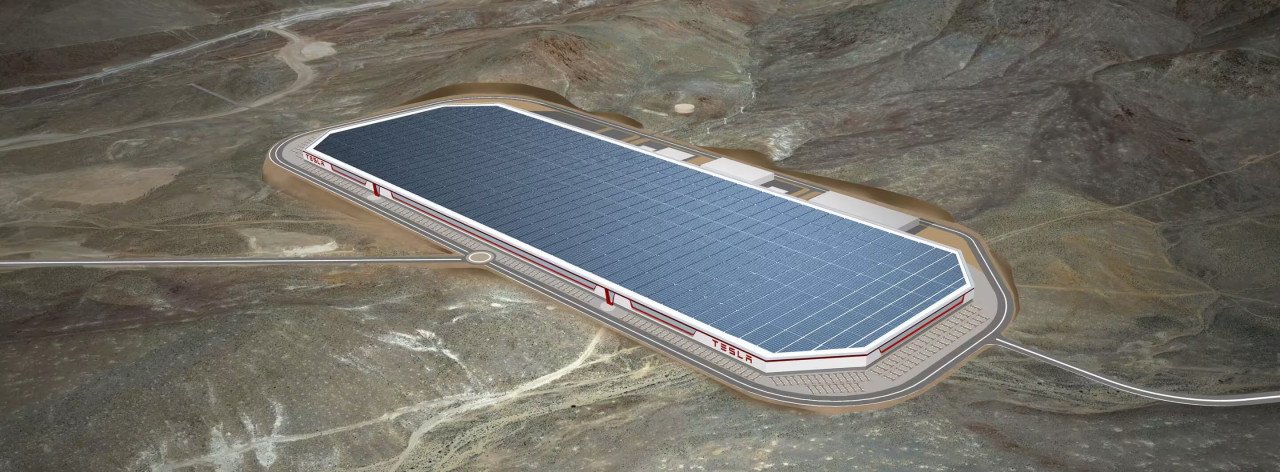Mercedes-Benz, Sila achieve breakthrough high-silicon anode battery chemistry
Mercedes-Benz has announced that it will work with Sila - a next-generation battery materials company - to incorporate the latter's silicon-anode chemistry in batteries. The company says this is yet another innovative cell chemistry added to its battery portfolio.
The high-silicon anode material is claimed to increase the energy density of batteries without compromising safety and performance parameters. Compared to today's commercially available cells with a comparable format, Sila's technology enables a 20-40 percent increase in energy density reaching more than 800 Wh/l at cell level.
This is seen as a major development that would enable Mercedes-Benz to store much more energy in the same space, thus increasing range of its future vehicles by a significant amount. The companies are targeting mid-decade for a range-extended-version of the electric G-Class to be equipped with the new battery technology option.
It is to be noted that, back in 2019, Mercedes-Benz invested in Sila as part of the company's R&D on advanced batteries for future EVs. The latest supply agreement announced is the natural next step for the partnership, and marks another important milestone in the German marque's EV development for future.
"Sila has come a long way since we established our strategic partnership in 2019.They have been proving their ability to not only deliver scientific innovation at the highest level, but also their ability to manufacture high quality material", said Markus Schäfer, Member of the Board of Management of Mercedes-Benz Group AG, Chief Technology Officer, responsible for Development and Procurement.
"We're glad that we have a leading partner who will help us power our future generation of electric luxury vehicles with their highly innovative anode technology. Delivering such a high energy density is a true game changer and allows us to think in completely new directions when developing future electric cars. Our partnership with Sila is another essential step on our way to build the most desirable electric luxury cars", he added.
The advanced silicon anode materials will be manufactured using renewable energy in Sila's new Washington state facility, making Mercedes-Benz the factory's first publicly announced automotive customer.
Sila's Co-founder and CEO Gene Berdichevsky commented, "We're focused on delivering materials that are cost-efficient and capable of delivering on the promise of electric vehicles, working to ensure longer range energy, improved charge times, and lowering battery cost per kWh".
To realize the potential of next-generation materials, scale up is a pivotal part of execution and we've been building towards automotive quality standards and scale since our start. With our new plant in Washington, we're ensuring we can meet the requirements of our auto partners like Mercedes-Benz as they transition to a fully electric future," added Berdichevsky.
The California-based company claims that after ten years of R&D and 55,000 iterations, its team was the first to industrialize and make commercially available a next generation lithium-ion chemistry with dramatically higher energy density.


















